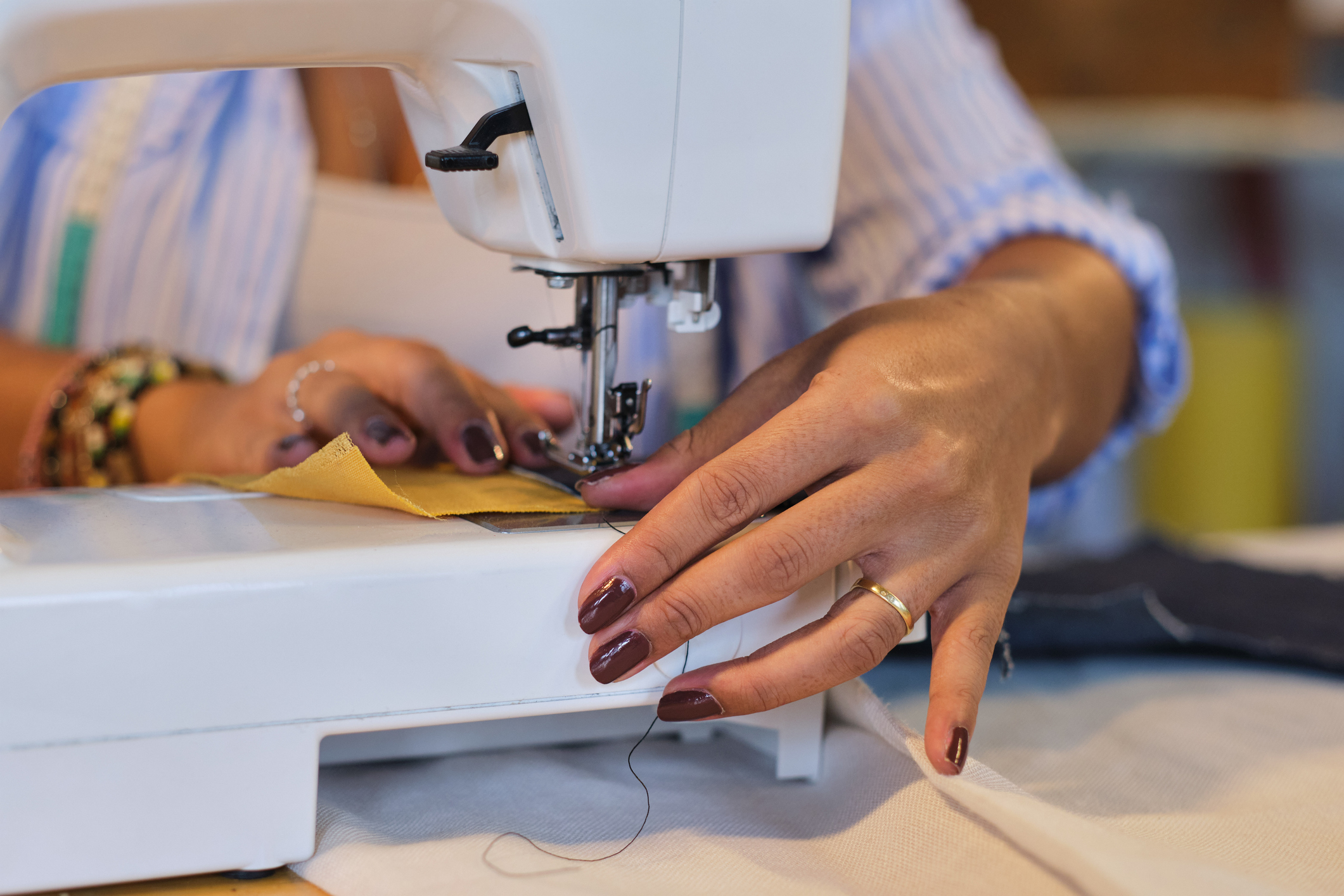Robbery, plagiarism, pilferage — in any linguistic variation, these terms refer to the deliberate theft of physical or intellectual property, a concept generally looked down upon across cultures. So, why is it that when it comes to the creative pursuits and labors of Black women, this theft is seen as a mere part of the process?
There is no shortage of examples of big-name brands openly copying the designs of smaller, Black designers, who are already categorically underrepresented in the fashion industry. Most recently, Fashion Nova has sunk its fast-fashion claws into Hanifa’s new release. With almost admirable gall, they have released a dress that is nearly identical to Hanifa’s new “Taliah Knit” piece.
Their “Symone Sweater Maxi dress” retails for $54.99, a far cry from the $1,098.80 (now reduced to $319) price tag that occupies the original. This price difference is one of the main reasons people see this copycat era of fashion as acceptable, as can be seen in countless tweets expressing how “that price was insane.” They view Fashion Nova taking unbridled “inspiration” from Hanifa as a step toward accessibility. One woman stated that knockoffs, in general, are integral to “AA style” and referred to the pushback against Fashion Nova as “elitism.”
Now, in this era of extreme economic distress, no one is demanding that the average person should cough up the better part of a rent payment for a single dress. However, the idea that we are entitled to own everything we see produced is one of the largest contributors to overconsumption. If something appeals to us, we deserve to own it even at the cost of the well-being of those working in the less-than-ideal conditions associated with fast fashion brands. Not to mention the harm these rapidly produced pieces do to the environment. If anything, this entitlement is elitist and does more collective harm than good. To act as if not being able to purchase a mass-produced knockoff is an infringement on your rights in any capacity is disingenuous.
Beyond the material effects of being copied, however, it has yet to be examined how this impacts the creators of these designs. As some have mentioned, there’s likely not much overlap between those who would spend over $1,000 on a dress and those who shop on Fashion Nova, so it’s unlikely that a noteworthy number of consumers are being lost.
But knowing that your creative outputs can be taken and replicated so easily by these huge corporations with more capital than some small business owners can even conceptualize must have some tangible impact on their psyche.
For Black creators, this is inflamed by themes of cultural appropriation. For too long, Black women have had to sit idle as others profit immensely by doing the hokey pokey in and out of Black culture. This feeling of powerlessness when it comes to the art you create deserves to be acknowledged. In 2024, imitation is no longer flattery.

